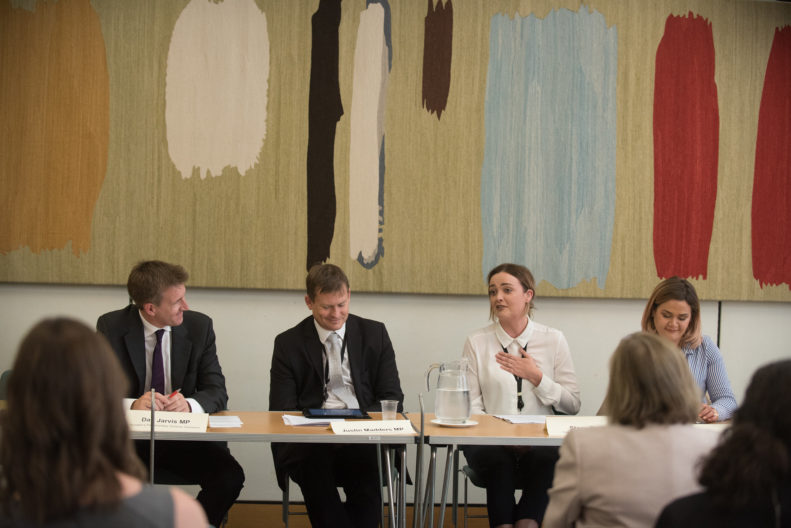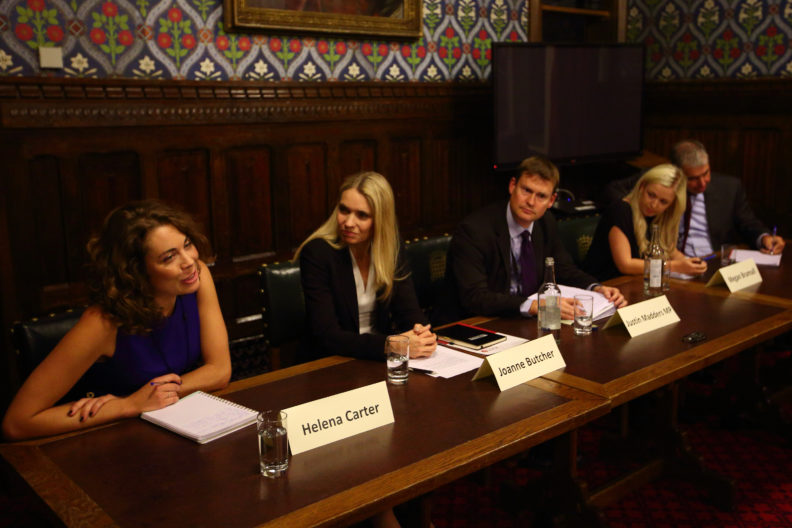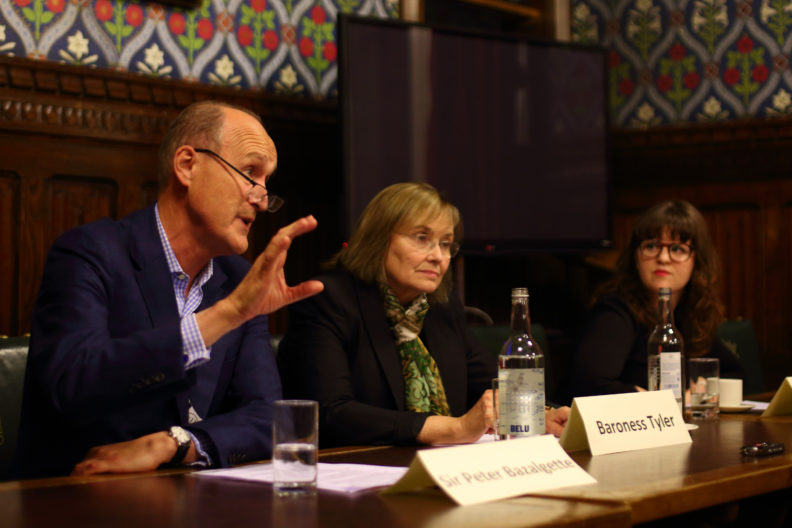2023 meetings
April 2023: In conversation with Alun Francis
July 2023: Parental engagement as a tool for social mobility
2022 meetings
October 2022: The state of social mobility in the UK
2021 meetings
October 2021: Socio-economic diversity in the civil service
April 2021: Education recovery
2020 meetings
December 2020: the digital divide
July 2020: What next for social mobility?
CO-CHAIRS WRITE TO THE CHANCELLOR
The Co-Chairs of the APPG on Social Mobility, Justin Madders MP and Baroness Tyler of Enfield, wrote to the Chancellor urging the Treasury to prioritise social mobility in the spending review. The letter sets out the APPG’s key policy recommendations from early years to the workplace to improve opportunities for disadvantaged young people.
2019 hearing: State of the Nation
Introduction
Overview
2017-18 inquiry: Closing the Regional Attainment Gap
Overview
Session One
Session Two
Session Three
2016 inquiry: Class Ceiling
Overview
Session One
Session Two
Session Three
Session Four
Contact the APPG on Social Mobility
To find out more about the work of the APPG on Social Mobility, please get in touch with Ryan.
[email protected]

